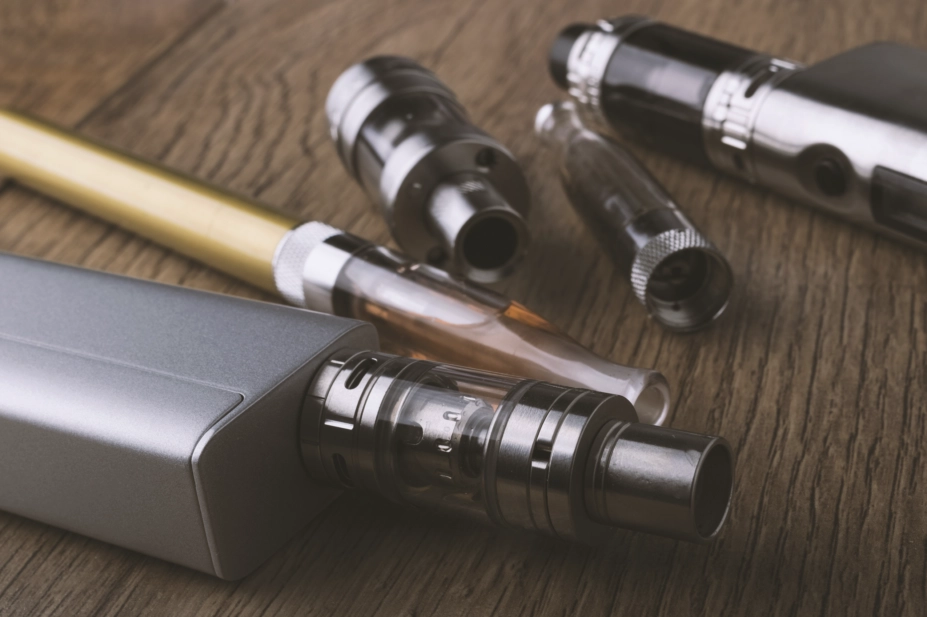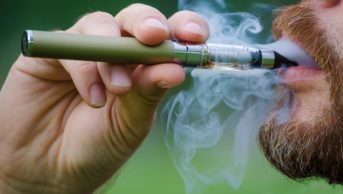
Shutterstock.com
The vaping industry does not want e-cigarettes provided on prescription, MPs have been told.
On 9 May 2018, the House of Commons Science and Technology Committee heard from representatives of the e-cigarette industry, who said that giving GPs the ability to prescribe e-cigarettes would be “hugely disempowering” for vapers.
Fraser Cropper, chair of the Independent British Vape Trade Association, told the committee: “You have to understand that vapers can tune their vaping journey using all the variables available to them.”
He added that providing e-cigarettes on prescription could mean that they “may not reach the widest cohort of smokers”.
Cropper also warned that vaping did not currently “feel like a medicine”, but medically licensing the product may lead some smokers to think of e-cigarettes in those terms. He also told the committee that some smoking cessation services were already providing vaping hardware to smokers free of charge.
Sarah Jakes, chair of the New Nicotine Alliance, which promotes and supports tobacco harm reduction, said some would-be vapers might be more confident in using the product if it was medically licensed, and she said it may help the switch from cigarette smoking in certain settings, such as prisons.
But she told MPs that licensing the product may mean health commissioners would consider only that type of vaping product.
Vaping industry representatives also called for greater freedom to include the relative health benefits of their products, compared to smoking traditional cigarettes, in advertisements.
Jakes told the committee: “There is a huge problem with the perception of risk of vaping and the current regulations prevent messages that would be helpful for public information.
“We would like to see a generic statement on the relative risk of vaping, not related to specific products, which could be included in advertisements.
“For instance, ‘Public Health England says vaping is 95% safer than smoking’.”
The industry figures also criticised Tobacco Products Directive regulations, which cover e-cigarettes as well as conventional cigarettes.
They told the committee that current regulations limit the size of a vape ‘tank’, and refills, which has led to the concept of shortfills, or ‘shake and vapes’, where manufacturers produce larger bottles of nicotine-free flavouring, with room to add a ‘shot’ of flavour-free nicotine e-liquid.
Cropper said: “If the regulations are changed, consumers would be happy to buy pre-mixed packs.”


